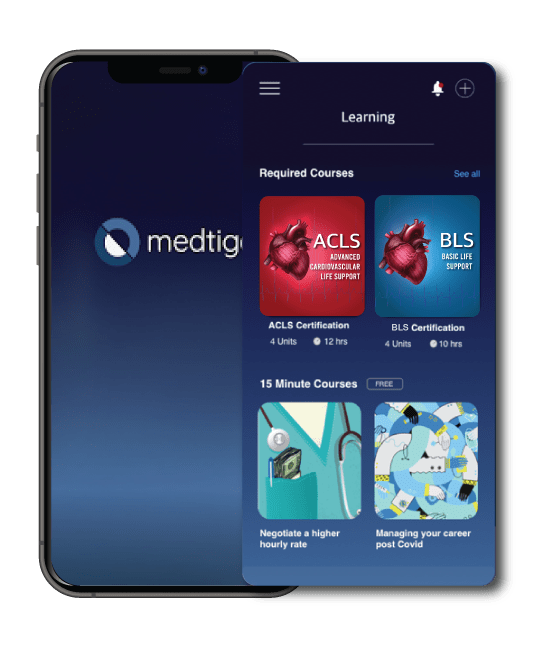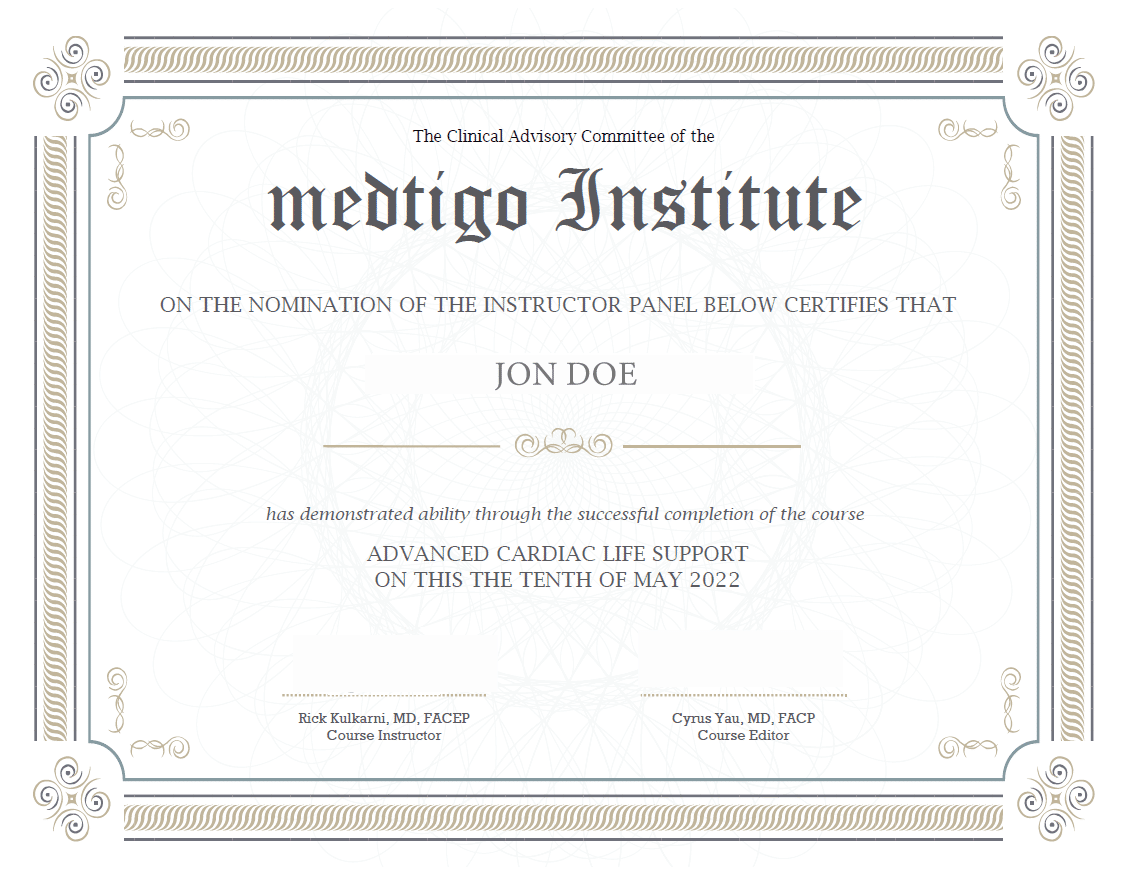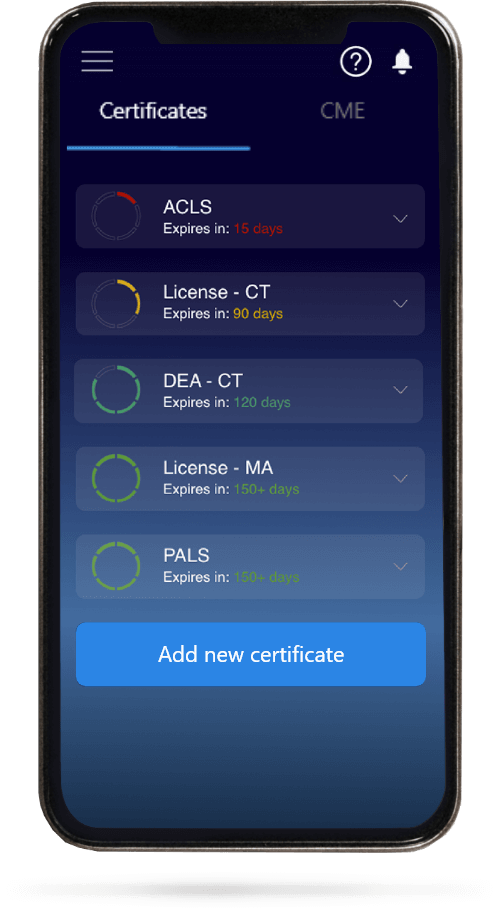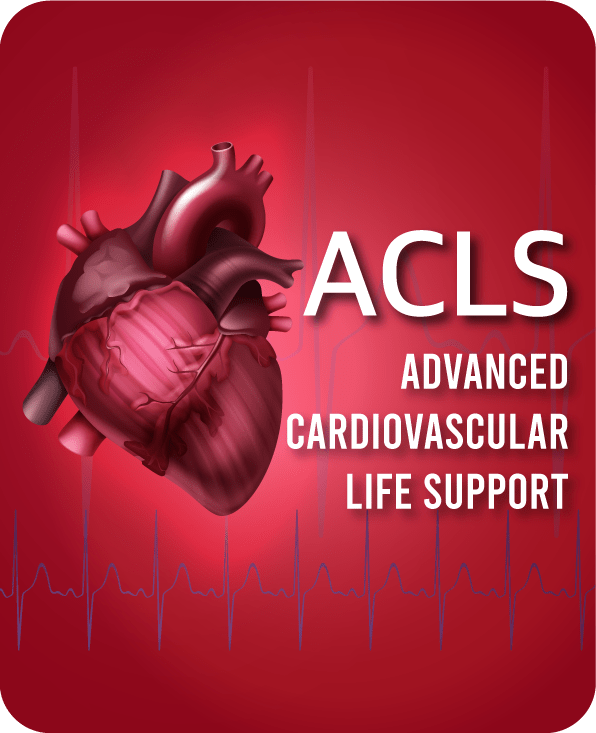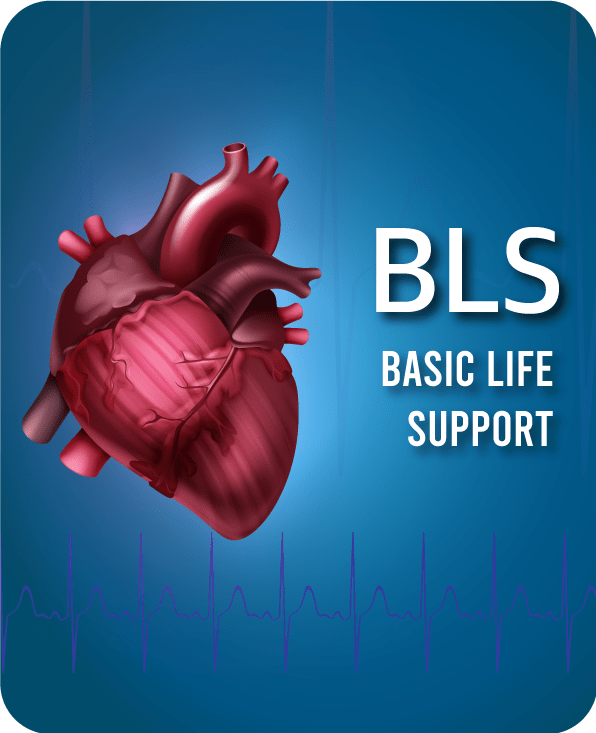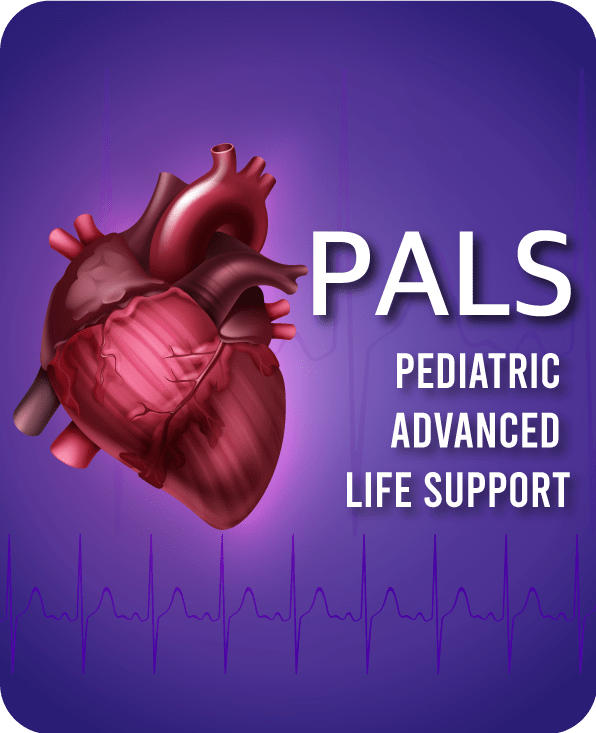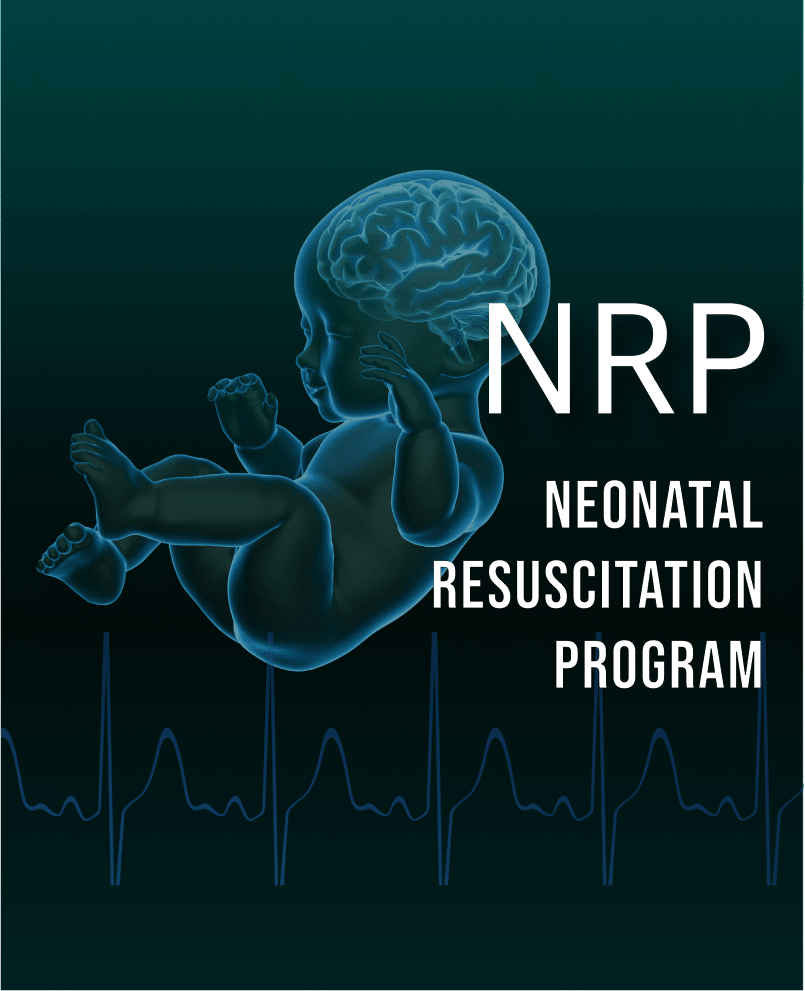The battle against the global obesity epidemic has been relentless, with health experts and policymakers searching for effective solutions. Amidst the myriad of dietary guidelines and health strategies, carbohydrates have often been at the epicenter of debates and discussions.
A new, in-depth study featured in The BMJ has now shifted the spotlight from the sheer quantity of carbs consumed to the quality and source of these carbs. Carbohydrates, often dubbed as the primary energy source for the body, have been both vilified and venerated in the nutrition world.
With diets oscillating between low-fat, high-protein, and low-carb paradigms, the real essence of carbohydrate’s role in weight dynamics has been somewhat obscured. This BMJ research offers a fresh lens, drawing from extensive long-term data to unravel the carbohydrate-weight nexus.
A pivotal takeaway from this research is the distinction between different carbohydrate types. While refined grains have been associated with weight increments, whole grains, and dietary fiber have emerged as allies in weight regulation. This nuanced understanding challenges the blanket dietary recommendations that often categorize all carbs under a single umbrella.
Another intriguing facet of the study is its exploration of the glycemic index and glycemic load. These metrics, which gauge the body’s sugar response post food consumption, have been identified as subtle yet significant players in weight modulation. The study posits that understanding these metrics, in tandem with the carbohydrate source, can be instrumental in crafting effective weight management strategies.
The research also offers a critique of the prevailing Dietary Guidelines for Americans. While the guidelines advocate for a holistic increase in vegetable consumption, the study underscores the need for discernment, especially concerning starchy vegetables. The findings indicate that a surge in certain carbs like added sugars and starchy veggies, can lead to weight augmentation. In contrast, fibers, fruits, and non-starchy veggies seem to counteract this trend.
Of particular note is the study’s revelation about the heightened impact of carbohydrate consumption on individuals already grappling with overweight or obesity issues. This demographic exhibited a more pronounced weight fluctuation in response to carb intake, underscoring the need for personalized dietary interventions. In essence, the BMJ study is a clarion call for a more nuanced understanding of carbohydrates.
It challenges popular dietary dogmas and underscores the importance of individualized, informed dietary choices. As the world grapples with the obesity challenge, such insights pave the way for more effective, evidence-driven strategies, ensuring that the global community is better equipped to navigate the complex terrain of nutrition and weight management.
Journal Reference
Wan, Y., Tobias, D. K., Dennis, K. K., Guasch-Ferré, M., Sun, Q., Rimm, E. B., … Willett, W. C. (2023). Association between changes in carbohydrate intake and long term weight changes: prospective cohort study. Retrieved from https://www.bmj.com/content/382/bmj-2022-073939





